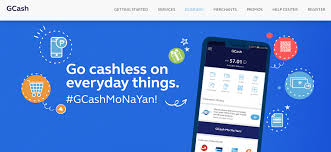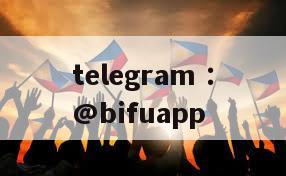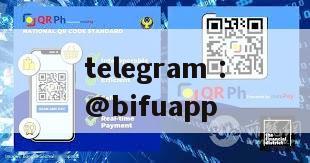Dan Wolbert, the current Visa manager for the Philippines and Guam region, has always focused on the digital payment field throughout his career. Before this, Dan was deeply involved in the local fintech industry and worked in Visa’s corporate strategy team at its global headquarters in San Francisco.
Dan shares his experience in fintech and banking, as well as what prompted him to move from the US to the Philippines. He mentions that digital payment trends in the Philippines were already underway when he moved there, with new features like InstaPay and smooth account-to-account (A2A) and person-to-person (P2P) transfer services emerging.
The pandemic accelerated digital payment development, with new payment methods arriving en masse, including the deep integration and rise of cryptocurrency technology.
Cryptocurrency has developed over several years, with fintech companies entering the space about ten years ago. Initially experimental, its positioning and operating mechanisms are now more established.
Visa is actively exploring traditional transaction methods for cryptocurrencies, reward mechanisms, and payment completion possibilities through stablecoins like USDC.
Filipinos have high awareness and interest in cryptocurrencies. A recent Visa Consumer Payment Attitudes report shows high market awareness in the Philippines, with about 20% of respondents investing in related fields.
Visa aims to continue enhancing credibility and acceptance while deepening engagement and providing innovative and scalable services for participants across the ecosystem (from installment payments to cryptocurrencies to merchants).
The Philippines is gradually moving away from “cash is king” towards digital payments. Visa is expanding digital payment acceptance by introducing more merchants and working closely with financial institutions like BSP to improve financial literacy.
Virtual issuance and virtual cards are emerging forms of inclusive finance development. Visa has educational programs covering these areas to reach a broader audience through digital payments.
Visa collaborates with BSP to advance digital payments and inclusive finance in the Philippines. Since the early 21st century, BSP has laid the foundation for digital payments with mobile wallet services like GCash.
BSP has planned a digital payment development path aiming to increase digital payment usage by 50%. The government plays an active supporting role from a regulatory perspective, participating in industry dialogues and coordinating industry associations to shape the future of the Philippine payment industry.

Visa ensures safety within its ecosystem by building strong foundations for secure transactions across all stakeholders, including consumers.
The rise of a new middle class in the Philippines represents young people taking on financial responsibilities like salary management and savings—skills many young people have yet to master—making education an indispensable part of imparting these skills.
In Southeast Asia’s payment landscape, the Philippines has made good progress compared to other markets where Visa operates. Non-contactless payments are an area of focus for Visa in the Philippines, although there is still much room for growth compared to neighboring countries like Singapore.
In terms of tourism recovery and SME support needs, Visa is expanding payment acceptance in tourism sectors like Boracay Island and focusing on SMEs due to their vast growth potential for payment acceptance. Visa is exploring various payment solutions like contactless payment functions and fast merchant onboarding services.
Visa invests in virtual and digital issuance fields in the Philippines, building infrastructure to drive future innovation. With travel restrictions easing, Dan plans to travel around the Philippines with his family.

 bifu pay
bifu pay





发表评论
发表评论: